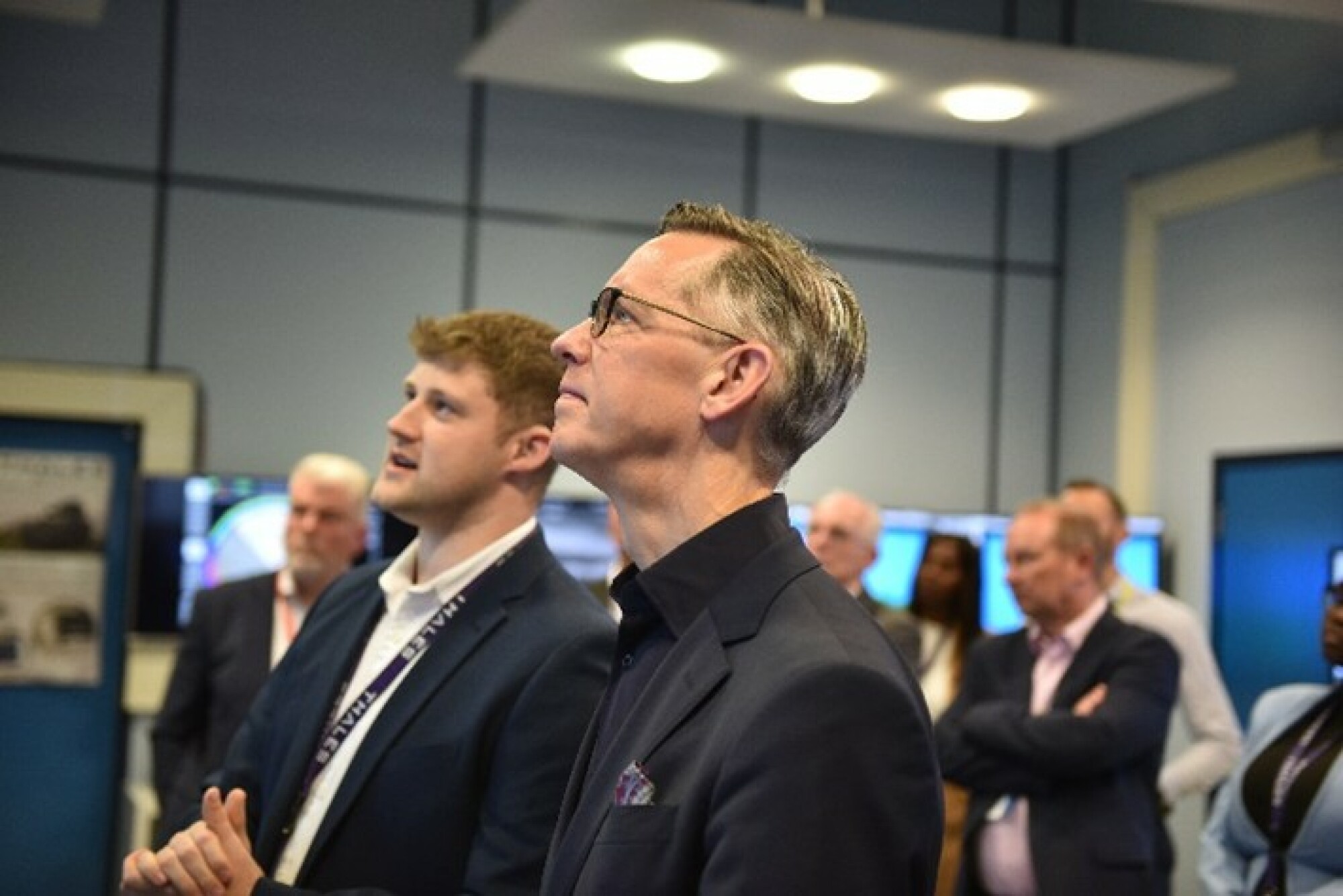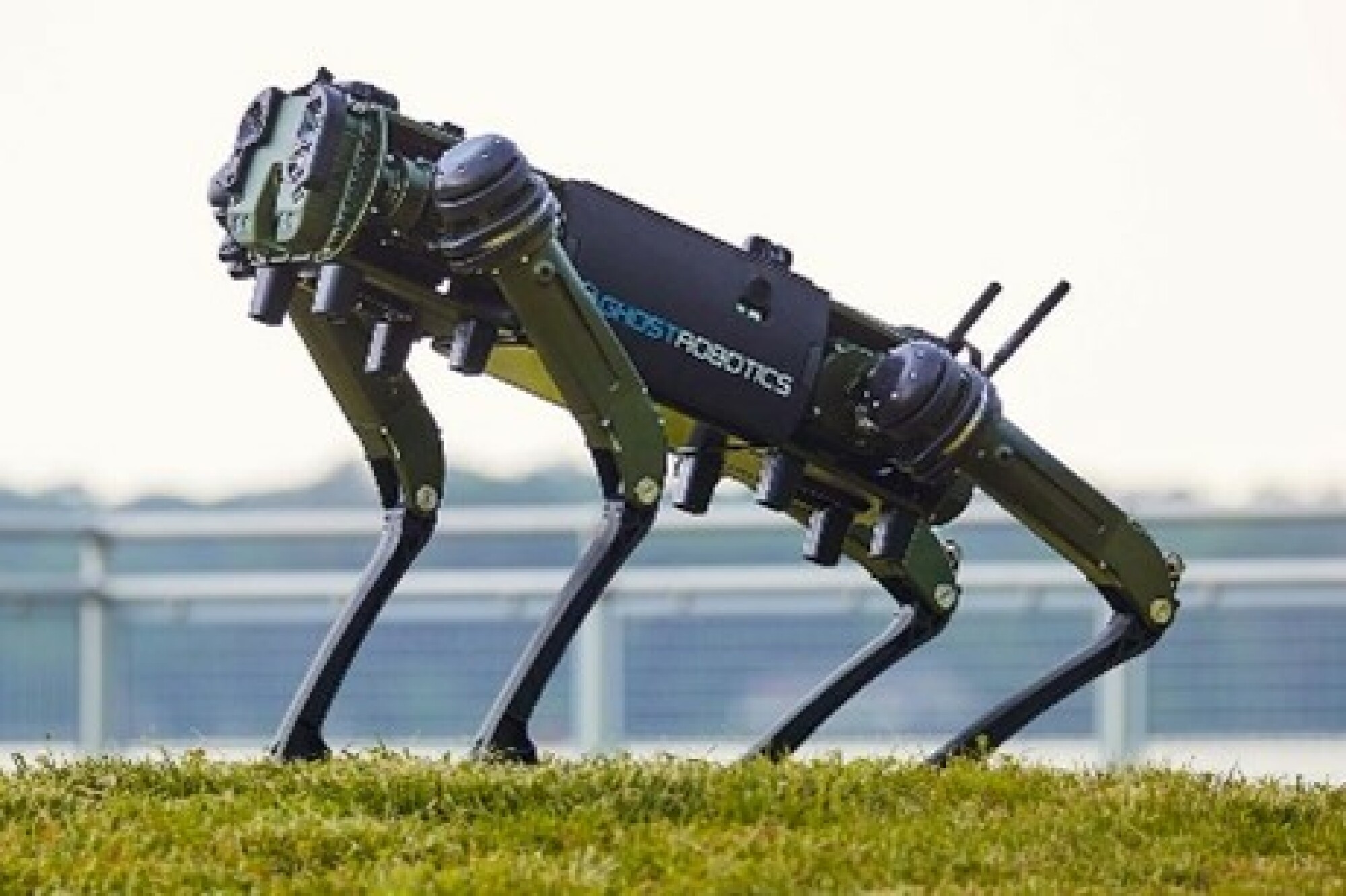16th June 2025
From University Challenges to Defence Architect: David Philpott's Story

Can you tell us about your role at Thales and how you ended up working for the company?
Throughout my school years, I had a keen passion for engineering and working on anything mechanical, from cars to tractors. I studied Maths, Physics, Biology and D&T. I went to Queen’s University Belfast and completed a Master's in Mechanical Engineering. In my final year of University, I spent a lot of time contemplating what to do next. I wanted a career that was both challenging and would fill me with a sense of purpose and allow me to change the lives of those around us. Thales offered the perfect opportunity to design and develop capabilities that protect and defend the UK.
At Thales, my role is Future Systems Architect. Like a building architect, I design and oversee the development of weapon systems.
Can you share with us a typical day-in-the-life at Thales?
I begin my day at 7:00 AM. Typically, no two days are alike. I spend my day researching and experimenting with new technologies to determine their potential to enhance the UK's defence. On some days, I analyse threats. On others, I experiment with robotics. I have a robotic dog named Fluffy, which I have taught to navigate, find threats and perform various tasks.

What is your favourite part of your role and why?
My role is incredibly rewarding, and a big part of that is working with truly novel technologies – things you don't see every day! I love understanding and experimenting with how these technological advancements can make a real-world difference. It's a forward-thinking role that lets me explore new gadgets. Plus, I really enjoy working with young people, helping to train and nurture them into becoming the next generation of engineers.
What are the top 3 skills you need in your job?
Problem-solving, critical thinking and communication are the top three skills that I need. Problem-solving and critical thinking enable me to analyse complex problems and break them down into manageable parts, developing efficient and effective solutions. Through clear communication, I can convey ideas and problems, which is crucial for working collaboratively within or leading teams to deliver successful solutions.
Have you faced any setbacks during your career? How have you overcome these?
During my first year at University, I suffered double organ failure of the kidneys and heart. I was given a few days to live. Luckily, my prognosis improved every day, and I was fortunate enough to get a transplant. Despite this, I continued my studies. Throughout University, many people, including lecturers, told me to give up and prioritise my health, or suggested that engineering might not be the right path for me. However, I was resilient and made things work rather than quitting. I found new ways to work around my dialysis and happily graduated with a 1st Class Master's in Mechanical Engineering. This experience taught me that life may present unfair or challenging circumstances beyond our control, but we can always control our response.
What are your top tips for young people interested in pursuing a career in engineering?
Firstly, build a strong foundation in mathematics and science. Engineering relies on these disciplines, so an early understanding of these subjects will make your future easier. Secondly, practical experience is invaluable. Embrace hands-on learning and learn from your mistakes. Learning from mistakes enables you to change your approach the next time you face a challenge. Finally, stay curious; the technology industry is constantly evolving, and it's important to keep up with new trends and never stop learning.
The Smallpeice Trust is delighted to partner again with Thales to deliver the Engineering Experience Northern Ireland residential course to 50 young people at Queen’s University Belfast this summer.